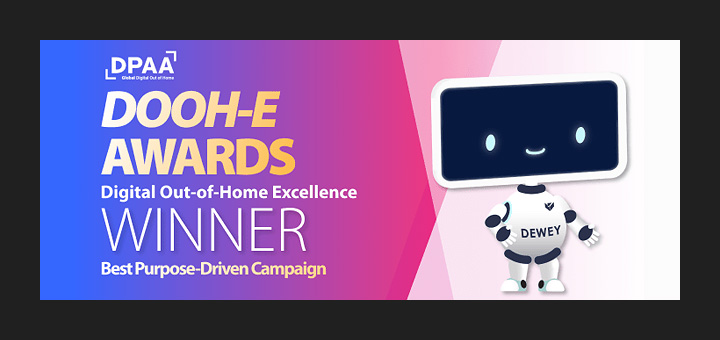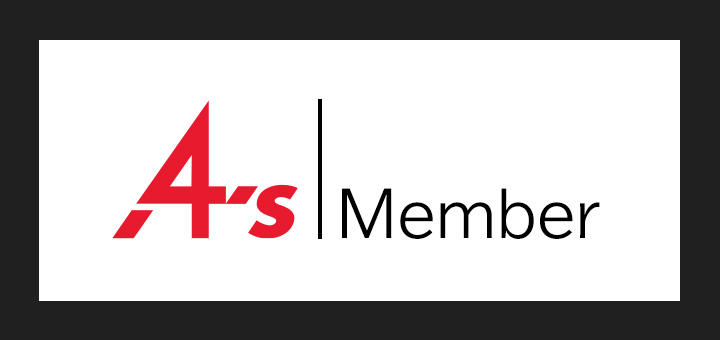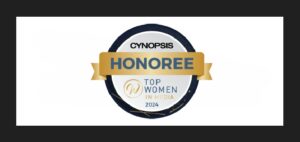Veteran Advertiser Rob Davis: Transforming NOVUS with Innovative Approaches and Leading Iconic Brands to Success
Rob Davis is a 30+ year veteran of the agency world, making the leap from Starcom to NOVUS in 2018 to accelerate NOVUS’ multimedia capabilities. He is known as an agent of change, helping reshape the agency as well as individual accounts and positioning for the future.
In his years at Starcom, Rob led iconic brands such as McDonald’s, Kellogg, Disney Themeparks, Airbnb, and Allstate, and he won Gold Lions and Effies for media effectiveness. He also became a local/ regional media expert, planning and buying local media for P&G, and later highly localized media for Anthem Blue Cross and Airbnb.
Since joining NOVUS, Rob has focused on helping evolve the agency with new service models, tools, and approaches. In his role, Rob is focusing on growing geospatial, multichannel media planning and buying and in his first three years helped take NOVUS from relatively unknown to a Silver for Media Agency of the Year in Ad Age’s independent media awards.
An inauspicious start:
Rob Davis’ long and (mostly) fruitful career in advertising began with a simple mistake. Throughout his career, he has worked on some of the world’s most iconic brands, including P&G, McDonald’s, Allstate, Kellogg, Airbnb, and many more.
However, it all started when he accidentally applied for the wrong job during college. Despite his initial surprise at landing in the Media department instead of the Creative one, fate seemed to have a plan, as he found unique ways to use his creativity to interpret numbers, uncover insights, and design innovative media connections.
Honesty (sometimes) trumps stupidity:
In his first role in Media, Rob was responsible for buying spot radio for the biggest radio market: Los Angeles. After weeks of negotiations, he reached what seemed to be the lowest prices possible for his client. However, he accidentally swapped the cover pages of the orders he faxed to two stations.
To his relief, both stations responded positively, leading to better pricing and additional bonus weight. This experience taught Rob that sometimes honesty, even when combined with a bit of stupidity, can have its rewards.
Learn to trust your gut:
As a newly promoted Director, Rob took over a notoriously difficult account with a very demanding client. Instead of continuing to take orders and face criticism, he decided to change his approach.
With his boss’s support, he developed a strategic framework that completely upended the client’s previous directives. The client loved it and had been craving someone to challenge and lead them. As a result, Rob’s career took off, and he learned to trust his gut, push for change, and take a principled stand.
5 lessons Rob wishes he had known when he started:
Rob has been fortunate to have had wonderful mentors throughout his career who have guided him in many instances.
However, a lot of the lessons he learned along the way were hard-earned, through firsthand trial and lots of painful error. He now shares 5 key things he wishes someone had told him when he started out, in an attempt to save others from experiencing the same pain.
- It’s never too early to define your “brand.” Rob established himself as someone who could deal with difficult clients early in his career, which led to many opportunities, albeit exhausting ones.
- Have your elevator speech. Rob realized the importance of having a compelling achievement to share with the CEO when pushing for a promotion.
- Have an agenda when you meet a client. Rob learned this lesson the hard way during his first lunch with a bigwig client who expected a business idea or opportunity to accompany their meal. He never made the same mistake again.
- Know the difference between assertion and aggression. Rob discovered that having a clear point of view and confidence in his beliefs and values was more effective than yelling and screaming to be heard.
- Don’t sweat the small stuff (and know what’s small). During his first assignment, Rob agonized over a seemingly lost few thousand dollars in a $20 million budget. When he went to resign, his boss told him not to be ridiculous and that he would likely find it the next month. This taught him to put things into perspective and not to worry too much about minor issues.





